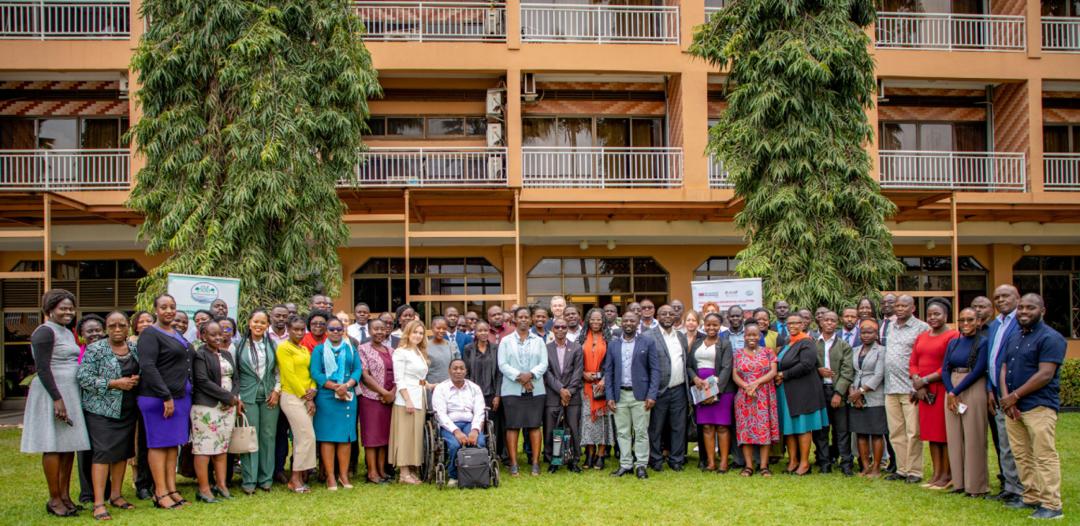The National Environment Management Authority (NEMA) has raised urgent concern over inadequate budget allocations and understaffing, which continue to hinder effective enforcement of environmental regulations across the country.
The warning was issued during the Environmental Pollution Conference held in Kampala, a multi-stakeholder forum dedicated to addressing the growing pollution crisis affecting Uganda's air, water bodies, and land.
The Manager of the Division of Chemical Safety, Radiation and Pollution Prevention at NEMA, Innocent Achaye, emphasized that limited funding has critically undermined the agency’s ability to conduct compliance inspections, monitor pollution, and implement key regulatory frameworks.
“We have very low budget allocations, which limit our movements as far as implementing regulations are concerned. Compliance inspections and ensuring that every development project adheres to the required standards are essential, yet these efforts are constrained by insufficient resources,” he said.
Achaye further noted that restricted funding also affects the Authority’s outreach and public awareness campaigns, which are crucial in ensuring adherence to the National Environment Act, enacted in 2019. Since the law came into force, several environmental regulations and standards have been developed, but public understanding remains low.
“The public needs to be made aware of the laws governing different sectors of the environment. There’s generally a lack of knowledge, although the Authority is trying its best with the limited capacity,” he said.
In addition to financial limitations, NEMA is grappling with acute understaffing. Achaye explained that his division—responsible for chemical safety, radiation oversight, pollution prevention, and waste-handler licensing—is staffed by only five officers, despite nationwide responsibilities.
“It’s a huge challenge. We are overwhelmed with the work since we also do licensing for all waste handlers and must ensure each complies with environmental requirements,” he said.
The Environmental Pollution Conference brought together key ministries—including Water and Environment, Health, and Transport—along with private sector representatives, NGOs, and civil society organizations. Discussions centered on strengthening collaboration to combat pollution and safeguard public health.
The Executive Director of the Global Alliance on Health and Pollution (GAHP), Maria Paola Lia, underscored the international and cross-border implications of pollution, stressing the need for coordinated responses.
“Pollution knows no borders. People suffer from diseases caused by contaminated water, and the associated health costs are significant. While policy work is essential, many changes must also be driven directly within communities,” she said.
Uganda continues to experience rising pollution levels driven by rapid urbanization, inadequate waste management, and industrial expansion.
NEMA’s call for increased government support highlights the urgency of strengthening environmental governance to protect ecosystems and improve health outcomes across the country.


